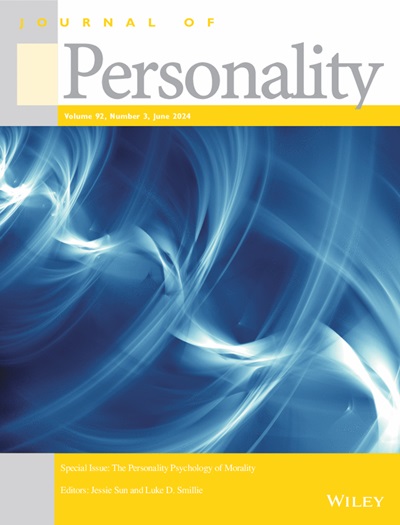What do people see as distinguishing the morally exceptional from others? To handle the problem that people may disagree about who qualifies as morally exceptional, we asked subjects to select and rate their own examples of morally exceptional, morally average, and immoral people.
Subjects rated each selected exemplar on several enablers of moral action and several directions of moral action. By applying the logic underlying stimulus sampling in experimental design, we evaluated perceivers’ level of agreement about the characteristics of the morally exceptional, even though perceivers rated different targets.
Across three studies, there was strong subjective consensus on who is morally exceptional: those who are empathetic and prone to guilt, those who reflect on moral issues and identify with morality, those who have self-control and actually enact moral behaviors, and those who care about harm, compassion, fairness, and honesty. Deep controversies also existed about the moral directions pursued by those seen as morally exceptional: People evaluated those who pursued similar values and made similar decisions more favorably.
Strong consensus suggests characteristics that may push a person to go beyond normal expectations, that the study of moral exceptionality is not overly hindered by disagreement over who is morally exceptional, and that there is some common ground between disagreeing camps.



